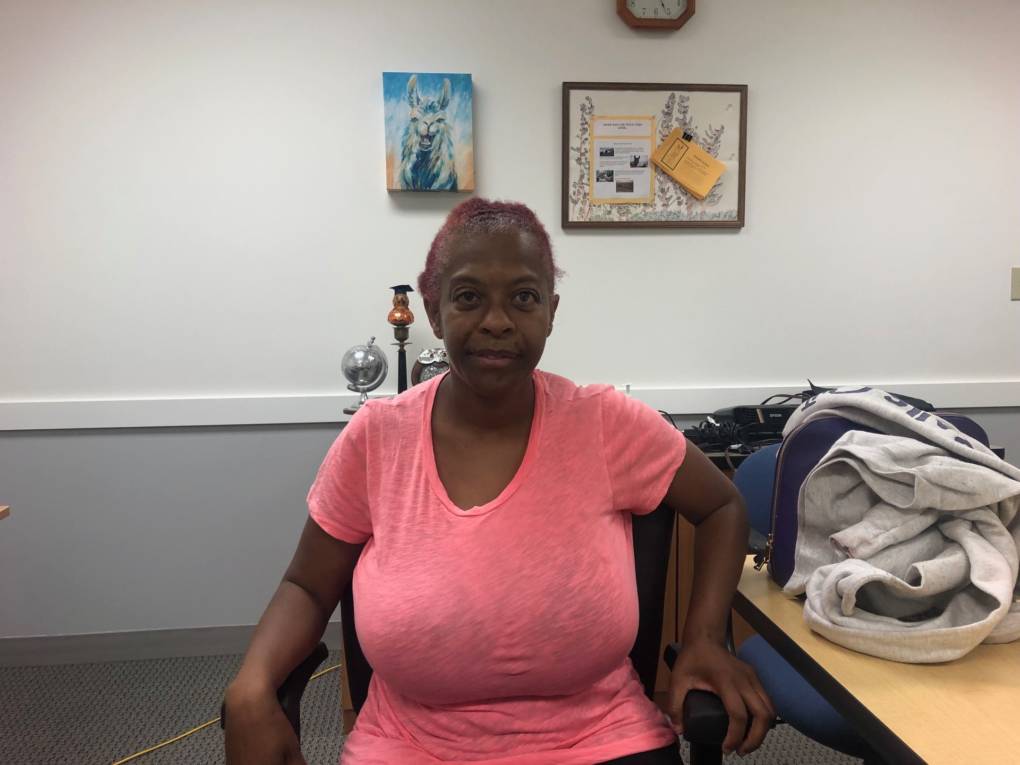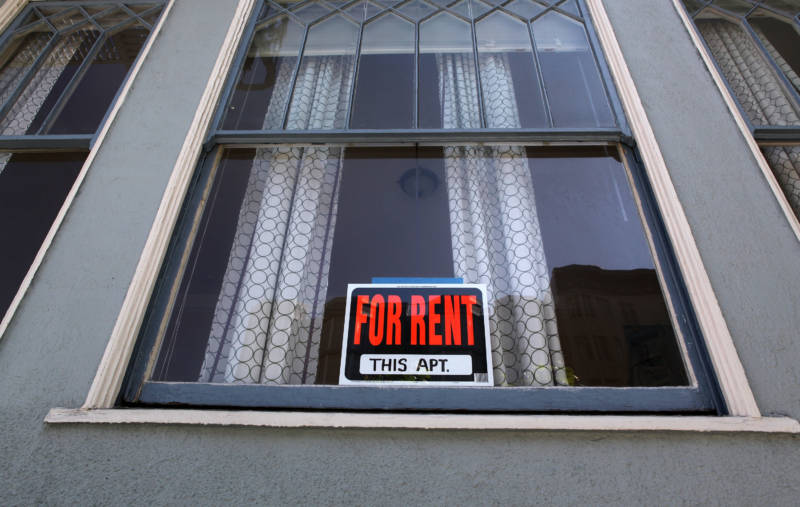Following hours of debate, the San Jose City Council voted unanimously Tuesday evening to block landlords from discriminating against would-be tenants who use housing vouchers, like Section 8, to subsidize rent.
The ordinance prevents landlords from refusing to rent units based on an applicant's legitimate source of income, including government housing vouchers. It also prevents landlords from including any prohibitive language in their apartment listings.
"This is an opportunity for Section 8 voucher holders to be right in front of a landlord and have that person-to-person interaction, and I think that’s where we’re gonna make a difference," said Councilwoman Sylvia Arenas. "And hopefully we’ll see an increase in those vouchers. You’re not accepting a Section 8 voucher, you’re accepting a person."
San Jose, one of the least affordable housing markets in the nation, joins a spate of other cities that have introduced source-of-income legislation. Most recently, Los Angeles passed a similar measure in June, and a statewide bill is currently being considered in the Legislature.
The ordinance offers renewed hope to voucher holders like Demetria Spikes, a San Jose resident who can't afford to rent anything at market rate in the city's brutal housing market, and has for years been unable to find a landlord who accepts Section 8 vouchers. As a result, she said, she's been homeless for the past five years, and often sleeps on buses.
According to a 2018 survey conducted by San Jose's Housing Department, housing vouchers were not accepted at about two-thirds of all rental units listed on Craigslist.
Spikes said the constant rejection makes her "feel like a loser at life." Sleeping on the bus every night, she added, can be a scary and unsettling experience.
"You don't know who's gonna sit by you or what kind of mood they're gonna be in," she said. "Some of them get on the bus with knives."

Spikes said she usually only sleeps about three hours a night. That, combined with ongoing depression and anxiety, makes it even harder for her to find a job and a place to live.
Research shows Section 8 non-discrimination laws are effective at helping voucher holders like Spikes. In cities that have passed such measures, voucher-rejection rates are 42% lower than elsewhere, according to a study by the U.S. Department of Housing and Urban Development.
"It really shows you that if we have some intentionality about the laws that we pass in trying to prevent discrimination, that we can make an impact for families and their access to housing," said Peggy Bailey, a housing policy expert at the nonpartisan Center on Budget and Policy Priorities.
The numbers are less clear, however, on whether these laws help voucher holders move into wealthier, more desirable neighborhoods. Landlords in low-poverty areas in most cities have higher-than-average rejection rates, regardless of non-discrimination laws, according to the HUD study.
"It's leading to families being overly concentrated in communities that have high crime rates, high poverty and see poor outcomes for children," Bailey said. "They're typically low-income areas and they're also typically places that have a higher percentage of people of color living in them."
That trend flies in the face of the Section 8 program's original goals: to help reduce residential segregation.

